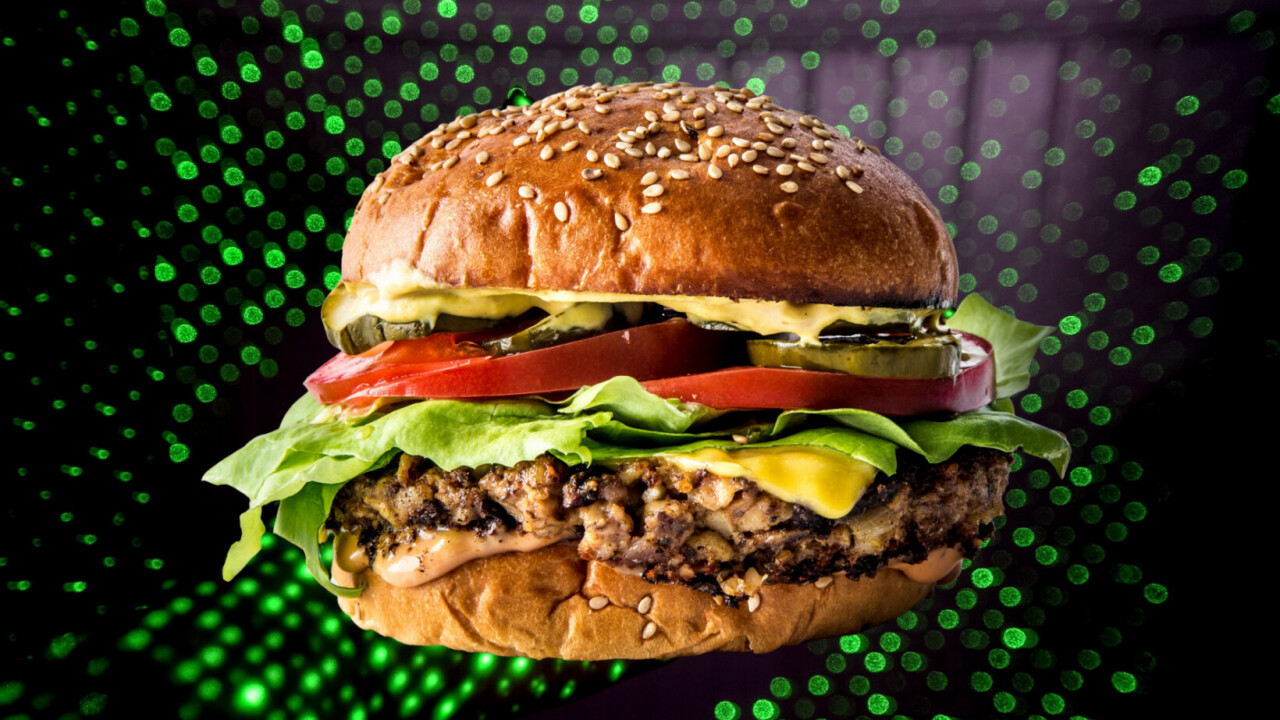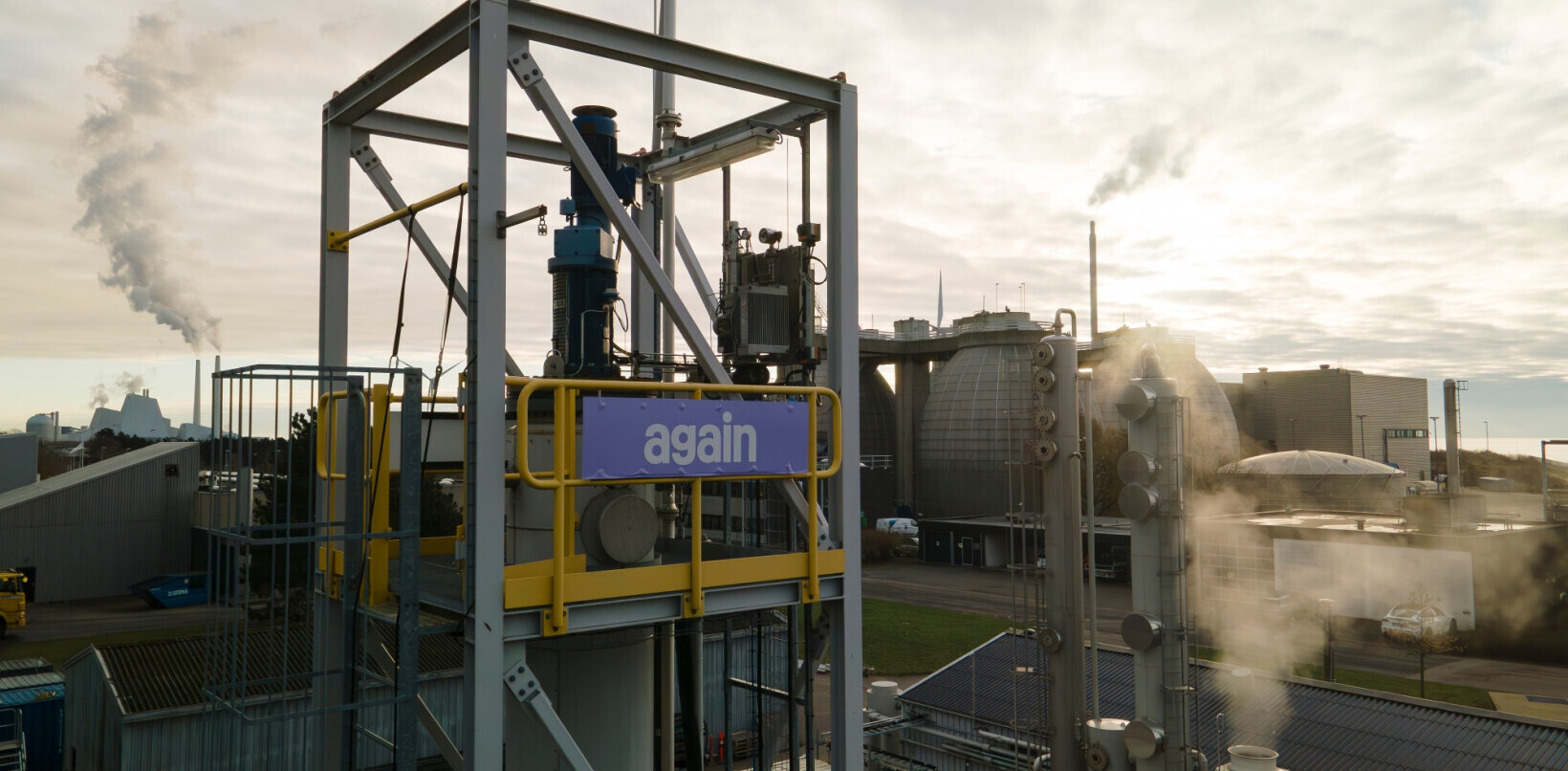
Right now, agtech and new food startups are hot in terms of funding, technical innovation, product development, and ROI. Today Startup Genome, in partnership with the Global Entrepreneurship Network launched
the Global startup ecosystem report (GSER):Agtech and new food edition. And it’s definitely worth a deep dive.
Looking for the latest trends or need to know information for your own startup or even your next investment? The GSER provides comprehensive, data-driven research on startups, with 280+ entrepreneurial innovation ecosystems and 3 million startups.
Let’s look at some of its findings and profile some cool startups in the agtech and new food space.
COVID 19 as a catalyst for change
The report shares that the COVID-19 pandemic, spiraling fertilizer costs, supply chain disruption, climate change awareness, and recent geopolitical events have brought new urgency and mainstream attention to the issue of food security.
Whether through editing crop genes, rethinking logistics, or producing plant-based foods, startups are drivers of real change in the sector. And I am all for it.
What are the key areas in agtech and new food?
The depth and breadth of the space is abundant. Agricultural technology captures the use of technology in agriculture, horticulture, and aquaculture to improve yield, efficiency, and profitability through information monitoring and analysis of weather, pests, soil, and air temperature.
There’s a strong focus on improving agricultural efficiency and sustainability, including field sensors, drones, farm-management software, robotics, vertical farming, and more.
“New food” employs innovation to optimize food design, creation, diversity, distribution, and utilization. This includes apps and services that provide access to food, including direct-to-consumer food delivery platforms, meal kit and grocery delivery services, and products and services that innovate food processing and ingredients.
New food also refers to next-generation food and drinks, including cultivated meat, plant-based meat and milk, insect-based products, and fermented foods. Also part of the equation is waste management and food packaging.
What are some of today’s biggest trends and investments?
Plants not meat
The GSER report finds that fake meat is hot hot hot, so say goodbye to your chicken nuggets. (Not convinced? Check out Thomas’ review of plant-based filet mignon)

In fact, meat alternatives overtook cultivated meat in terms of the amount invested at the seed stage for the first time in 2021.

Specifically, investments in alternative proteins grew to a record-breaking $5 billion, up 60% from the prior year.
Grocery deliveries

Due to shifts in consumer behavior (largely thanks to COVID-19) and rapid innovation, food and grocery delivery deals have climbed steadily in recent years.
In 2021, food delivery accounted for 11% of the $1.6 billion invested in agtech and new food, up from just 2% of the total dollar amount invested in the sub-sector in 2017 and 6% in 2020.
North America and Asia dominate
The most successful agtech and new food startups and funding are in North America and Asia. If you are a startup in the space, you need to read this report.
Any savvy startup should comb this report with a fine-tooth comb, then work your networks for warm introductions.
In particular, the report provides a deep dive analysis into the most funded sectors and the best places to position a startup.I won’t replicate all the data here, but the top five Agtech & New Food ecosystems are Silicon Valley, New York City, London, TelAviv-Jerusalem, and Denver-Boulder.
Not convinced that agtech and new food are the innovators of the future?
Reading through the report inspired me to make a little listicle of some of my favorite agtech and new food startups. Some are in the report, some are companies I’ve previously interviewed, or have been following for a while:
Centaur Analytics (US/Greece)
Even when stored in silos, crops can be at risk of spoilage and insect infestation. Centaur Analytics has developed proprietary wireless sensors designed to “sniff” crop storage conditions inside shipping containers, grain bins, and storage bunkers. The sensors enable crop monitoring in various scenarios, including ship carriers and transportation, which may take weeks or months.
Behind the scenes, entomological models are applied to the data stream. Predictive analysis helps farmers with proactive measures like fumigation and pest control.
Farmobile (US)

Today farms are a hotbed of data analytics that enables farmers to gain critical insights to assist with precision agriculture, including planning, water, fertilizing, and yield optimization.
Farmobile has created the world’s first online marketplace for agricultural data for farmers to sell their data to seed suppliers, farm machinery manufacturers, researchers, and others, as well as fairly compensate farmers for their digital assets.
Infarm (Germany)

Traditional indoor farming usually involves large outer city warehouses of plants where plants are grown, then picked and transported to shops and restaurants. Infarm has developed a unique indoor vertical farming solution.
The modular farms stack to fit any given space, from supermarket aisles and restaurant kitchens, to distribution warehouses. Crops are ready to be picked and sold without the need for excess transport miles or a delay between picking and distribution.
Tortuga (US)
Employee shortages hit farms and agricultural businesses hard. Tortuga builds robots to perform farm services, including picking and packaging.
By automating mundane, difficult tasks, workers on the farm can dedicate themselves to higher-value work. The robotics also capture never-before-possible plant-level data that turns into valuable information for growers.
Live Green Food Group (Chile)

Ever bought vegan food only to find that the ingredients aren’t all that healthy, or come from some far-flung destination?
Live Green Food Group is building a proprietary AI platform, called Charaka. It discovers plant-only ingredients that replace all animal ingredients as well as the synthetic and ultra-processed additives in food products. It also considers local availability and sustainability parameters like zero waste, and land, water, and energy consumption.
You can find out more about the future of agtech and food by reading the full, free report here.
Get the TNW newsletter
Get the most important tech news in your inbox each week.




